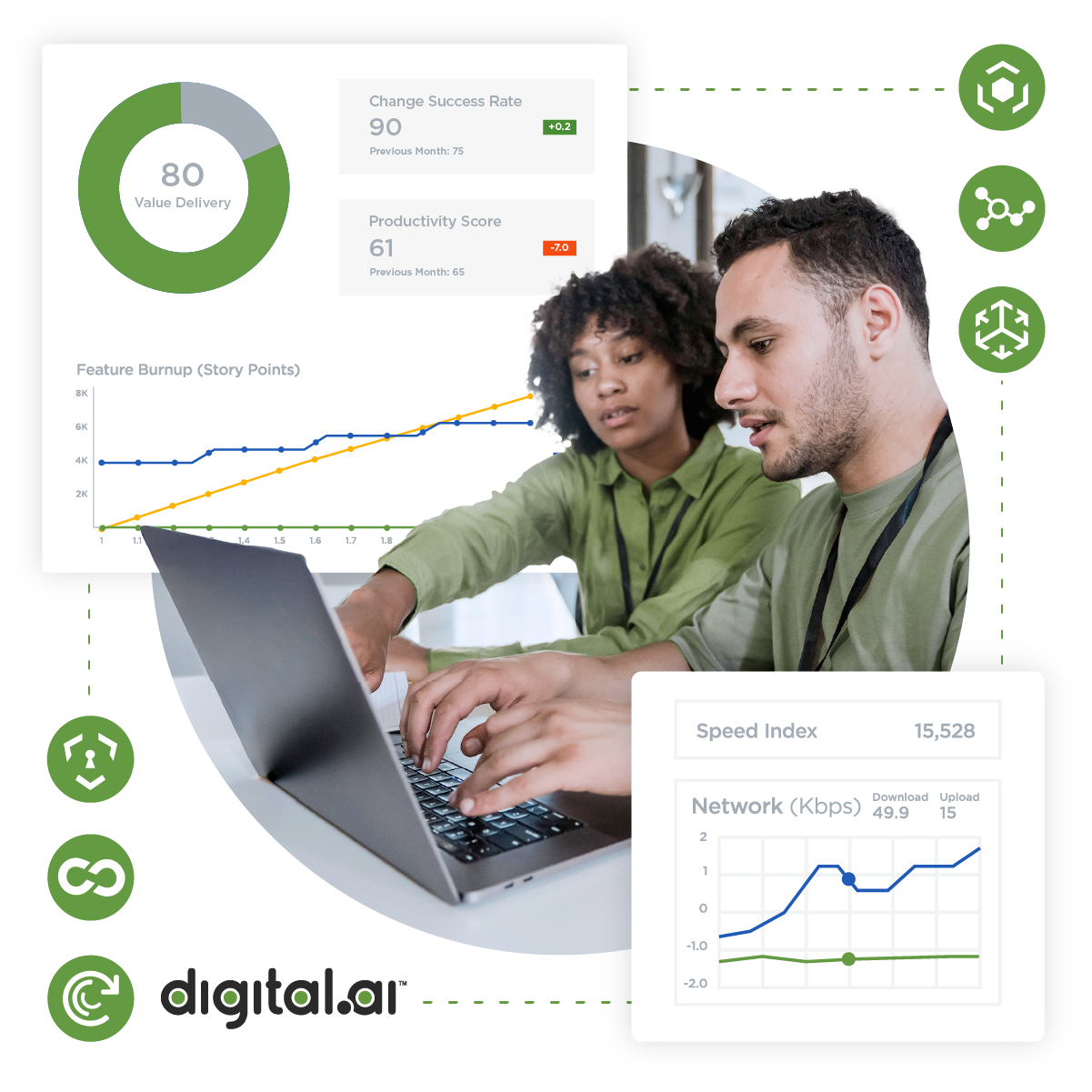DevOps Performance Management
From Defense Labs to Mobile Apps: How Application Protection Grew Up
2001 was a turning point for application security, though few recognized it at the time. In April, a U.S. Navy EP-3 made an emergency landing on Hainan Island after a mid-air collision with a Chinese interceptor. The crew had 26 minutes to destroy sensitive equipment and documents before landing. They improvised—pouring coffee into disk drives,…
Escalations Aren’t Noise: They’re Your Most Honest Quality Signal
Most companies insist they care about product quality. Yet many measure it through the safest mirrors they can find—uptime dashboards, NPS snapshots, and feature velocity charts. Meanwhile, the most truthful signals get dismissed as operational noise: escalations. That’s the blind spot. Escalations aren’t interruptions; they’re early warnings of product risk—and they will tell you where…
The Shrek School of Application Security
Or, How I Learned to Stop Worrying and Love the Ogre in My Castle A Cautionary Tale of Dragons, Donkeys, and Data Breaches Once upon a time, in a kingdom far, far away (probably Silicon Valley), security architects everywhere believed in a simple truth: build a massive fortress, stick a fire-breathing dragon at the gate,…
Automating QA for Automotive Applications
Whether you’re building a music app, an EV charging service, or a navigation tool, delivering a seamless in-car experience is no longer optional. As vehicles become increasingly software-defined, drivers expect the same reliability, usability, and polish they experience on their mobile devices. Testing automotive applications across Android Auto and Apple CarPlay is a critical step…
When AI Accelerates Everything, Security Has to Get Smarter
Software delivery has entered a new phase. Since 2022, AI-driven development tools have dramatically increased the amount of code being written, committed, and released. Teams are shipping faster than ever—and creating more applications than ever before. For security teams, this isn’t just acceleration. It’s multiplication. The challenge isn’t protecting an app. It’s protecting dozens of app version releases across Android and iOS (and sometimes web and desktop) without slowing…
AI and Its Role in Enterprise Agility
The bigger an organization gets, the more it needs agile flexibility, and the harder it becomes to preserve the conditions that make agile work—clarity, fast feedback, and shared understanding. In early phases of scaling, most companies assume the constraint is “process adoption” (training, ceremonies, roles, governance). The bottleneck becomes cognitive throughput: the organization generates more…
The Invisible Wall: Why Secured Apps Break Test Automation
Modern mobile apps are more protected than ever. And that’s a good thing. But there’s a side effect many teams don’t realize until it’s too late: the stronger the security, the harder the app becomes to test with automation. App shielding, anti-tampering, certificate pinning, and runtime checks are designed to stop attackers. Yet very often,…
Shared, Not Exposed: How Testing Clouds Are Being Redefined
The Evolution of Device Clouds: From Public to Private to Shared As a Product Manager responsible for delivering administrative capabilities within the Digital.ai Testing platform, I view infrastructure through a specific lens: the balance between availability and control. My persona, the Cloud Administrator, is the gatekeeper. The administrator allocates resources, manages user permissions, and above…
Evolving Application Security Documentation, One Step at a Time
In 2024, the documentation team at Digital.ai launched a new customer docs portal with a clear goal: make it easier for you to find, understand, and apply the technical information you need when you need it. Our new portal brought all product documentation into a unified, modern experience, with consistent navigation and improved search capabilities….
AI in Software Testing: Hype, Reality, and Where Teams Actually See ROI
If you believe the marketing brochures, AI is about to fix your broken tests, write your new ones, and maybe even pass that one flaky test that only fails on Fridays. But if you talk to the engineers actually using it, the story is different. The reality of 2025 is that AI has moved from…

